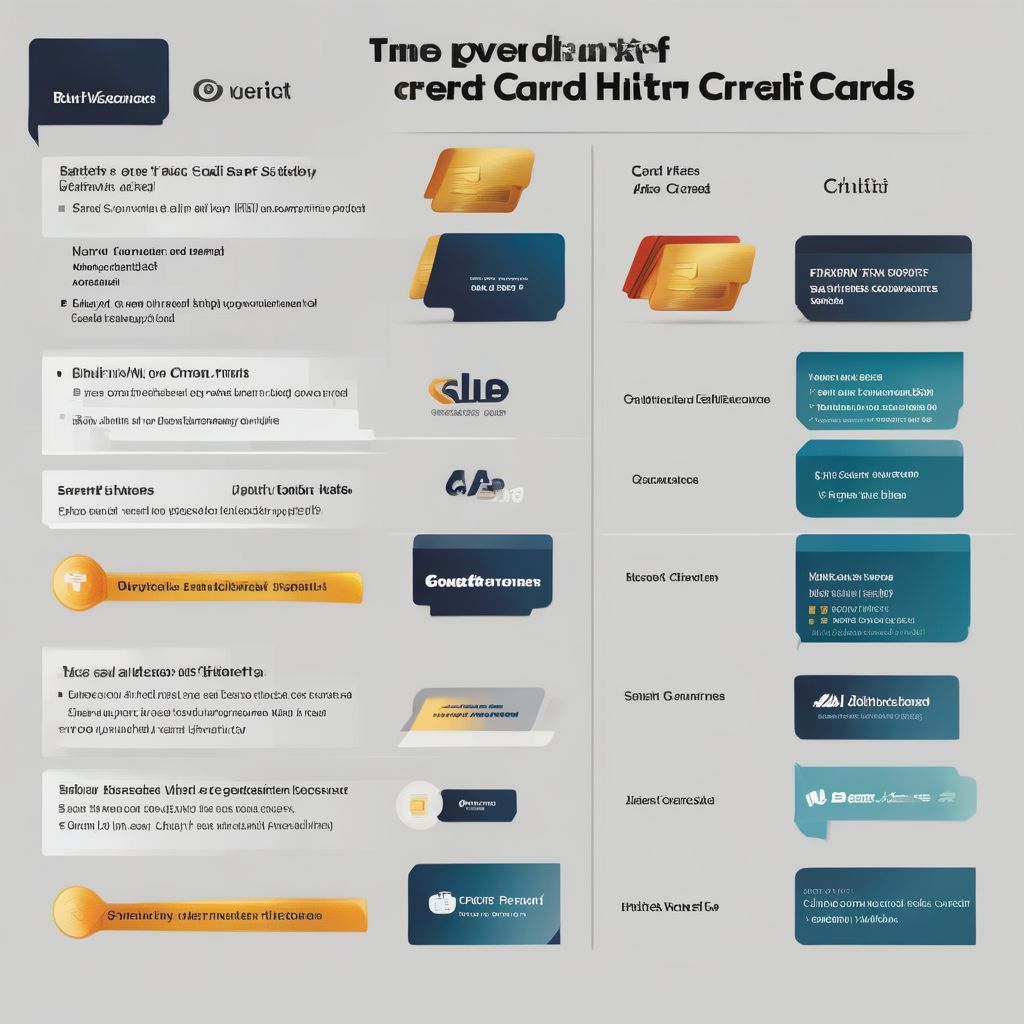In the world of finance, having a good credit score is often seen as a golden ticket. It unlocks lower interest rates, better loan terms, and a wider range of financial products. But what if you’re just starting out and don’t have any credit history to speak of? How do you even begin to build a positive credit score when traditional lenders seem hesitant to give you a chance? This is where “Credit Cards You Can Get With No Credit” come in.
Understanding Credit and Its Importance
Before we delve into the specifics of no-credit credit cards, it’s essential to grasp the concept of credit and why it plays such a crucial role in the financial landscape.
Credit, in simple terms, is the ability to borrow money or access goods and services with the promise to pay later. Lenders, be it banks or credit card issuers, assess your creditworthiness to determine the risk involved in lending to you. This assessment is reflected in your credit score, a numerical representation of your credit history.
A good credit score signals to lenders that you have a history of responsible borrowing and repayment. On the other hand, having no credit history makes it difficult for lenders to gauge your financial behavior, potentially leading to rejections or less favorable terms.
The Need for “Credit Cards You Can Get With No Credit”
For individuals with no credit history, obtaining a traditional credit card can feel like an insurmountable hurdle. This is where no-credit credit cards, often marketed as starter cards or credit-building cards, come into play. These cards are specifically designed for those with limited or no credit history, offering a pathway to establish credit and build a positive credit score.
Types of Credit Cards You Can Get With No Credit
While the term “no credit” might suggest a credit check isn’t required, this isn’t always the case. There are different types of credit cards that cater to individuals with no credit, each with its own set of features and requirements.
1. Secured Credit Cards
Secured credit cards are the most common type of credit card for individuals with no credit. These cards require a security deposit, typically equal to the credit limit you’re granted. This deposit acts as collateral for the issuer, mitigating their risk. By making on-time payments and managing your credit limit responsibly, you demonstrate positive credit behavior, which is reported to credit bureaus, helping you build your credit score over time.
2. Student Credit Cards
As the name suggests, student credit cards are designed specifically for students. These cards typically have lower credit limits and may offer rewards or perks tailored to student life. While they don’t always require a credit history, some issuers may consider factors like your academic standing or part-time income.
3. Authorized User on Someone Else’s Card
Becoming an authorized user on a responsible family member or friend’s credit card can be another way to start building credit. As an authorized user, you’ll receive your own card linked to the primary account holder’s credit line. Their positive payment history will be reflected on your credit report, giving your score a boost. However, it’s crucial to ensure the primary account holder practices responsible credit card use, as any negative behavior will also impact your credit.
fastnovels.net/wp-content/uploads/2024/08/no-credit-card-comparison-66c5b1.jpg" alt="Credit Card Comparison Chart" width="1024" height="1024">Credit Card Comparison Chart
Benefits of Getting a Credit Card With No Credit
Obtaining a credit card with no credit history can offer several benefits:
- Establish Credit: The most significant advantage is the opportunity to build your credit history from scratch.
- Access to Credit: Having a credit card can be essential for emergencies or making online purchases.
- Potential Rewards: Some no-credit credit cards offer rewards programs, allowing you to earn cashback or points on your spending.
Risks to Consider
While these cards provide a valuable stepping stone, it’s important to be aware of potential risks:
- High APRs: No-credit credit cards often come with higher interest rates compared to traditional cards.
- Fees: Some cards may charge annual fees or other fees, so it’s crucial to read the fine print.
- Temptation to Overspend: Having access to credit can lead to overspending if not managed carefully.
Tips for Using a No-Credit Credit Card Responsibly
- Make on-time payments: Payment history is a significant factor in your credit score.
- Keep your credit utilization low: Aim to use less than 30% of your available credit limit.
- Track your spending: Regularly review your statements to ensure accuracy and identify areas for improvement.
- Set a budget: Create a realistic budget to avoid overspending and accumulating debt.
Conclusion
Navigating the world of credit cards with no credit history can seem daunting, but it’s not an impossible feat. No-credit credit cards offer a viable pathway to establish credit and build a positive financial profile. By understanding the different types of cards, their benefits, and potential risks, and committing to responsible credit card use, you can embark on your credit-building journey with confidence. Remember, building good credit takes time and effort, but the rewards are well worth it in the long run.
This article provides a general overview of credit cards for individuals with no credit. It’s crucial to conduct thorough research and compare offers from different credit card issuers to determine the best option for your individual circumstances. For personalized financial advice, consider consulting with a qualified financial advisor.
